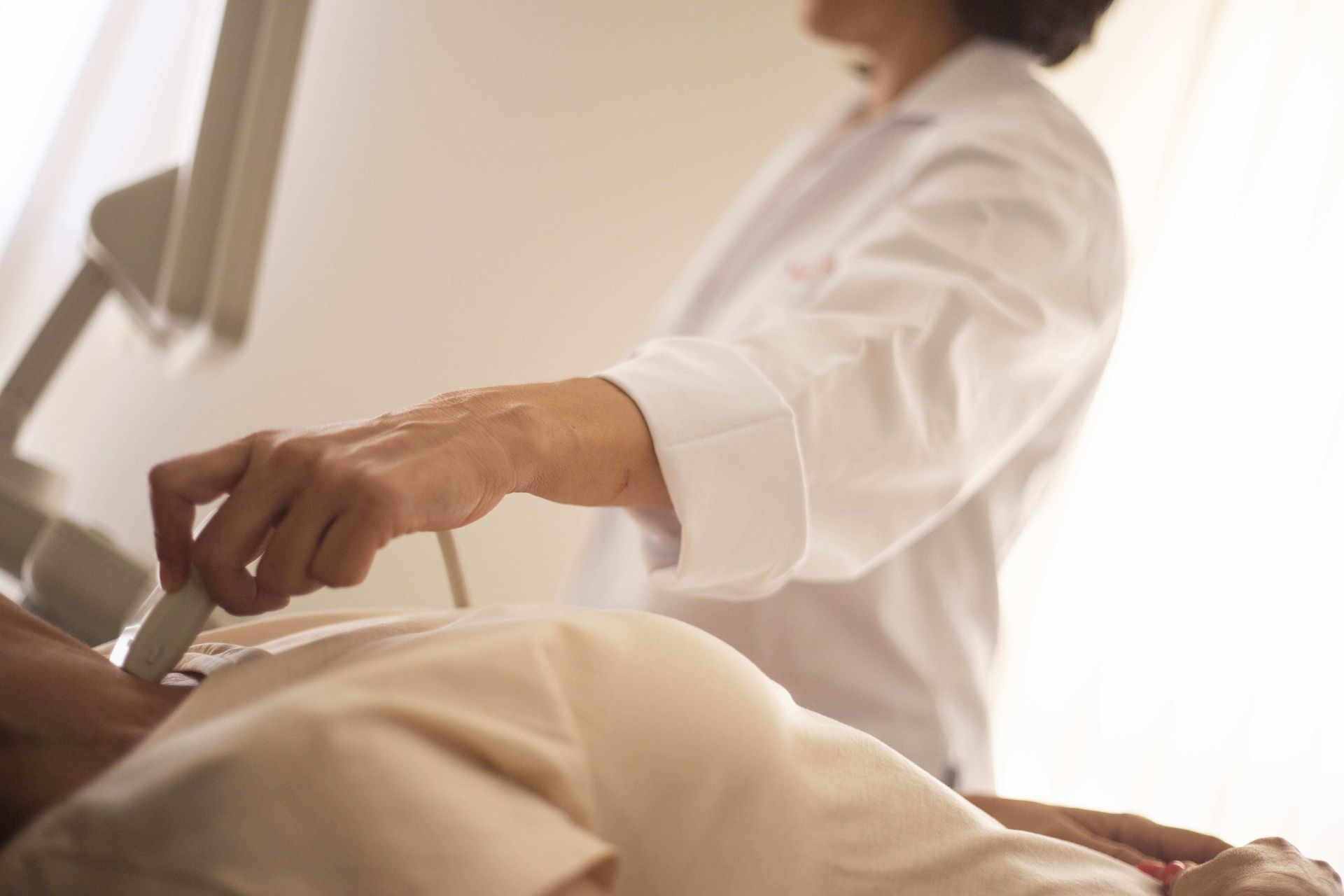Thyroid Optimization
What’s The Thyroid?
A small, butterfly-shaped gland in your neck that is part of the endocrine system.
What's The Purpose?
To make thyroid hormones, which are secreted into the blood. Those hormones are then carried to every tissue in the body to help the body use energy, stay warm, and keep the brain, heart, muscles, and other organs working properly. Thyroid health also plays a large role in metabolic function so when you have thyroid dysfunction it can be very noticeable.
- The most common type of thyroid dysfunction is hypothyroidism which means your thyroid does not make enough thyroid hormone or does not do what it needs to in your tissues.


What are symptoms of hypothyroidism?
- Fatigue
- Cold intolerance
- Weight gain
- Constipation
- Dry skin, hair, eyes
- High cholesterol
- Voice changes/hoarseness
- Depression
- Trouble swallowing
- Decreased libido
- Hair loss including thinning eyebrows
- Infertility issues
- Periorbital edema
- Brittle nails
- Muscle/Joint Pain
- Menstrual irregularity
- Difficulty with weight gain
- Brain Fog
- Slowed heart rate/low blood pressure/low body temperatures
Causes?
- Pituitary gland Issues (TSH signal poor)
- Normal TSH, but poor conversion
- Poor receptor response
- Autoimmune conditions (Hashimoto’s)
- With Hashimoto’s the body makes antibodies that attacks its thyroid gland causing damage with time.
- Iodine Deficiency (not as common in the U.S. as we get plenty iodine, but do keep this in mind with removal of table salt from the diet). This can be tested via lab to determine deficiency.
- Endocrine-disruption via chemicals/ environmental factors
- Dieting
- Hyperthyroid treatment
- Medications

Conventional Medicine vs. Functional Medicine Difference
Functional medicine is a more preventive approach to look for and fix thyroid issues prior to them becoming overt disease. Functional medicine also is more individualized to the patient.
Conventional medicine is one size fits all, guidelines based treatment.
Conventional labs: TSH, Free T4, or TSH with reflex if abnormal based off laboratory range
Functional labs: TSH, Free T4, Free T3, Reverse T3, Antibodies testing ( to rule out Hashimoto’s), and more… (its goal is to look for underlying reasons for why you would have dysfunction)

2 Common Scenarios:
“I have these symptoms, but I have been told my thyroid was normal”.
First of all, normal is not optimal.
Commonly insurance based providers do not adequately work up the possibility of thyroid disorder. Almost everyone has had a TSH (thyroid stimulating hormone) test at some point. Your TSH levels may be in range based off the lab parameters being used, but this does not mean there is not a problem.
You can be symptomatic and have a normal TSH. This means you can have “subclinical hypothyroidism” or even autoimmune thyroiditis that would be diagnosed with the proper workup which means going beyond a TSH level and Free T4 level. TSH actually is not even a direct measure of the thyroid hormone as this is made in the brain and just stimulates hormone production.
“I am on thyroid treatment, but still have symptoms”.
While Levothyroxine or Synthroid is the most commonly prescribed thyroid medication, it is not the best choice for everyone. Levothyroxine or Synthroid is synthetic form of T4 hormone. T4 is inactive thyroid hormone and is useless for you if you are a poor converter as T4 must be converted to T3 (the active form) in order for you to experience symptom relief as well as cellular metabolism. Checking a reverse T3 level (also inactive) can allow us to determine if you are properly converting T4 into T3 or if you are contributing to the often suboptimal reverse T3 level. Reverse T3 can compete with T3 for receptor site access. With reverse T3 being inactive as you can imagine if it is linked to more receptors than T3 is, you will continue to have symptoms of hypothyroidism.
If Levothyroxine or Synthroid does not work for you, there are other medications that can be tried such as combination medications with T3 and T4 or additional solo T3 supplementation. Please give us a call, and we can get you straightened out!

Symptoms of high reverse T3
- Insomnia
- Fatigue
- Cold intolerance
- Dry Skin/hair/nails
- Muscle and Joint pain
- ….& more symptoms from the list above!
What are the symptoms?
- Trouble achieving erection
- Trouble maintaining erection
- Reduced sexual desire
Will you need hormone replacement?
There are different ways to try to fix thyroid disorder from a functional standpoint. Sometimes medication is still needed. It is always recommended to incorporate lifestyle and dietary changes as well although this can be challenging for most to make the change as well as sustain that change.
- Dietary Change- cut out gluten, diary, and processed foods to reduce inflammation.
- Balance your micronutrients to fix nutritional deficiency to reduce inflammation.
- Maintain your gut health to reduce inflammation.
- Manage stress, exercise, and get plenty of rest to reduce inflammation.
- Reduce exposure to harmful chemicals - Check out: https://www.ewg.org/areas-focus/toxic-chemicals


